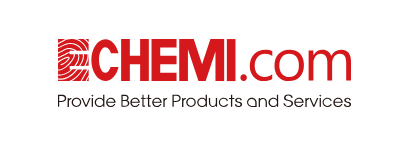surfactant supplier regulatory compliance

Surfactant suppliers play a critical role in various industries, including personal care, cleaning, agriculture, and industrial applications. As these chemicals are widely used in products that consumers and the environment come into contact with daily, maintaining strict regulatory compliance is essential for their production, distribution, and application.
Regulatory compliance for surfactant supplier involves adhering to a complex framework of national and international standards designed to ensure safety, environmental protection, and consumer health. Key regulations include the Environmental Protection Agency (EPA) regulations in the United States, the European Chemicals Agency’s Registration, Evaluation, Authorization, and Restriction of Chemicals (REACH), and the Toxic Substances Control Act (TSCA). These regulations govern the manufacturing, labeling, handling, and disposal of surfactants.
Suppliers must ensure their products are thoroughly tested and evaluated before entering the market. This involves conducting safety assessments to identify potential health risks, toxicity levels, and environmental impacts. They are also required to classify and label products accurately, providing clear safety warnings and usage instructions to protect consumers and workers.
Environmental regulations often impose limits on the chemical composition of surfactants, emphasizing the use of biodegradable and eco-friendly ingredients. Suppliers are encouraged to develop and offer surfactants that are readily biodegradable and have minimal aquatic toxicity, aligning with global efforts to reduce chemical pollution and protect ecosystems.
Compliance also entails maintaining accurate documentation and records of raw materials, manufacturing processes, and quality control measures. Regular audits and inspections ensure ongoing adherence to regulatory standards and facilitate quick response to any potential issues or non-compliance situations.
Furthermore, many countries are adopting green chemistry principles, urging surfactant manufacturers to innovate with sustainable and renewable raw materials. Suppliers that prioritize sustainability not only meet regulatory requirements but also gain competitive advantages, as consumers become more conscious of environmental impacts.
In addition to legal requirements, companies often participate in industry standards and voluntary certification programs like ISO 9001 for quality management and ISO 14001 for environmental management, demonstrating their commitment to responsible manufacturing practices.
In conclusion, regulatory compliance is vital for surfactant suppliers to operate legally, sustainably, and responsibly. Adherence to evolving regulations ensures product safety, environmental sustainability, and consumer trust. As global standards become increasingly stringent, proactive compliance and continuous improvement are necessary for suppliers to thrive in a competitive and responsible marketplace.
- Business
- Research
- Energy
- Art
- Causes
- Tech
- Crafts
- crypto
- Dance
- Drinks
- Film
- Fitness
- Food
- Jogos
- Gardening
- Health
- Início
- Literature
- Music
- Networking
- Outro
- Party
- Religion
- Shopping
- Sports
- Theater
- Wellness


